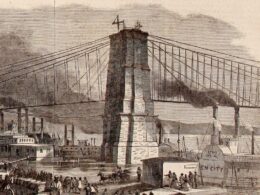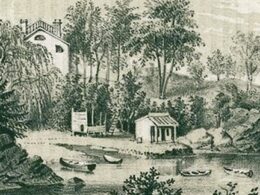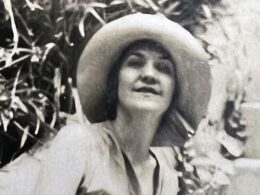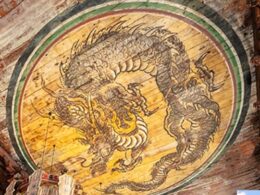Harriet Ann Jacobs (1813–1897) & Louisa M. Jacobs (1833–1917)
From The Civil War: The Final Year Told by Those Who Lived It
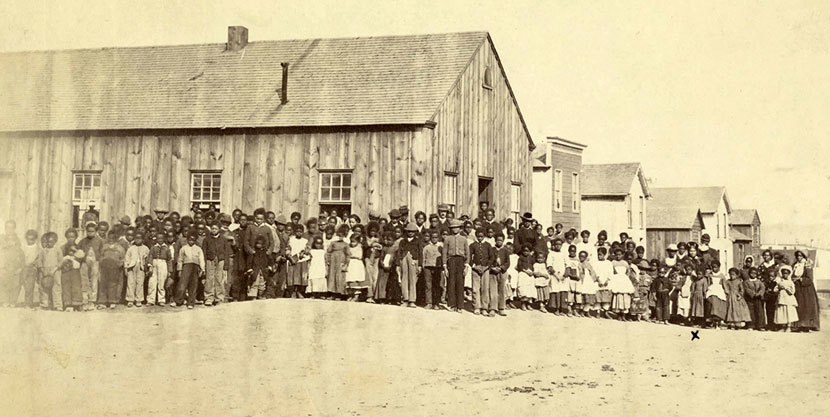
One of the more remarkable stories of American history is how the end of slavery was met immediately with the desire for schools among the newly freed Black population in the South. One sees it everywhere in the memoirs and letters of the era; after decades of state-enforced illiteracy, the fervor for education among formerly enslaved people is palpable. “In their movement for universal schooling the ex-slaves welcomed and actively pursued the aid of Republican politicians, the Freedman’s Bureau, northern missionary societies, and the Union Army,” writes James Anderson, author of The Education of Blacks in the South, 1860–1935. Christopher M. Span, author of From Cotton Field to Schoolhouse, describes how, “by 1900, the illiteracy rate among African Americans under the age of 40 was virtually non-existent.”
Harriet Ann Jacobs, the author of the memoir Incidents in the Life of a Slave Girl, returned to the South even before the Civil War had ended. She initially arrived in Alexandria to help with relief efforts and saw that missionaries had already established three schools for the contrabands—the formerly enslaved adults and children who were in refugee camps and shantytowns. Emphasizing the importance of role models, she hoped to establish a school staffed by African Americans. “I do not object to a white teacher,” she wrote “but I think it has a good effect upon these people to convince them their own race can do something for their Elevation. It inspires them with confidence to help each other.”
Jacobs and her daughter, Louisa, established the Jacobs Free School and within weeks they were overwhelmed with more than two hundred students. In March 1864 they sent a letter—a progress report of sorts—to Lydia Maria Child, the famous poet and novelist. In celebration of Juneteenth, we present the letter in full at our Story of the Week site.
Read “Building a School” by Harriet Ann Jacobs and Louisa M. Jacobs
